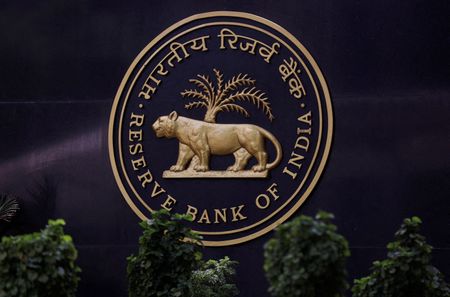MUMBAI (Reuters) – India’s central bank on Monday revised certain norms for urban co-operative banks (UCBs), with a view of providing them with greater operational flexibility, while meeting regulatory objectives.
UCBs are financial institutions operating in urban and semi-urban areas, offering banking services to small borrowers, micro-businesses, and lower-income groups.
UCBs can now classify loans up to 2.5 million rupees ($28,842.71) or 0.4% of Tier I capital, whichever is higher, as small-value loans, subject to a ceiling of 30 million rupees per borrower, the Reserve Bank of India said.
Prior to the amendments, UCBs could classify loans up to 2.5 million rupees or 0.2% of Tier I capital as small-value loans, subject to a ceiling of 10 million rupees per borrower.
The RBI has also increased the aggregate exposure limit for residential mortgages to 25% of its total loans and advances.
Exposure of UCBs to the real estate sector, excluding housing loans, is capped at 5%, the RBI said.
Additionally, the RBI has revised the individual housing loan limits for different tiers of UCBs. The new limits range from 6 million rupees to 30 million rupees.
The RBI has also extended the glide path for provisioning requirements for investment in security receipts by two years until 2027-28.
These revised norms are effective immediately, the RBI said.
($1 = 86.6770 Indian rupees)
(Reporting by Siddhi Nayak; Editing by Maju Samuel)










